Jakarta, MINA – The Meteorology, Climatology and Geophysics Agency (BMKG) has finally opened its voice regarding the increasingly concentrated air pollution in Jakarta. According to the BMKG, the recent increase in air pollution is due to the dry season.
Plt. Deputy for Climatology, Dodo Gunawan. He explained, during the dry season air pollution can increase because there is not much rain and the pollutants are not washed away, so they remain in the air.
“During the dry season air pollution can increase because there is not much rain and the pollutants are not washed away, so they remain in the air,” he explained to CNBC Indonesia on Wednesday.
Meanwhile, Dodo said that the BMKG would only be able to issue forecasts for the rainy season in August or early September 2023. Where the rainy season for each region, he said, would not be the same.
Also Read: BRIN Officially Launches InaRI Expo 2025
“In August or early September a forecast for the rainy season will be issued. The arrival of the rainy season is not the same in every region,” he said.
Previously, the problem of air pollution was a concern of the government. Moreover, President Joko Widodo has been suffering from a cough for almost four weeks. All of this is judged to be due to Jakarta’s bad air pollution.
The Minister of Environment and Forestry Siti Nurbaya revealed that the air quality in the Jakarta Greater area was very bad. This was stated by Siti after a limited meeting on ‘Improving the Air Quality for the Jabodetabek Area at the Merdeka Palace, Presidential Palace Complex, Jakarta, last Monday.
“There are several factors, including the long dry season, then the concentration of pollutants, then there are emissions from transportation including from industrial manufacturing,” she said.
Also Read: “Free Palestine” Echoes at Prambanan Jazz Festival 2025
Siti explained, the cause of air quality pollution was caused by motorized vehicles. Because from his records in 2022, there were 24.5 million motorized vehicles and 19.2 million of them were motorbikes.
She also dismissed reports of air pollution originating from the Suralaya Steam Power Plant (PLTU), Cilegon. This is because the results of an analysis of air pollution do not move towards Jakarta but towards the Sunda Strait.
“So you can say that it’s not because the PLTU is like that, what’s more, judging from the results of studies on the use of coal, the effect on Jakarta is not up to 1%,” she said. (T/RE1/P2)
Mi’raj News Agency (MINA)
Also Read: Boy Dancer Puts Pacu Jalur Culture on the Global Stage






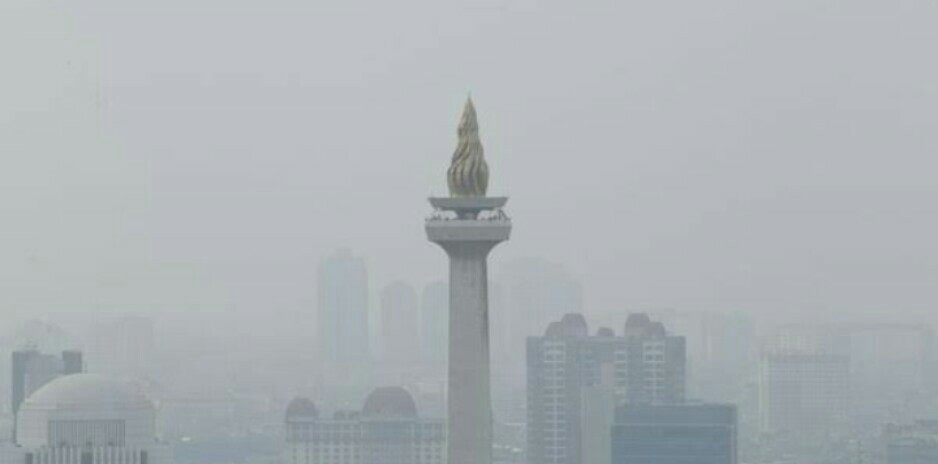


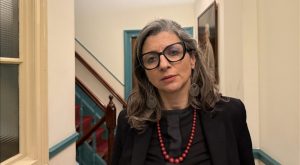



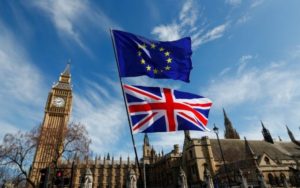



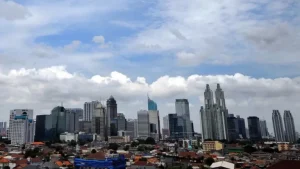

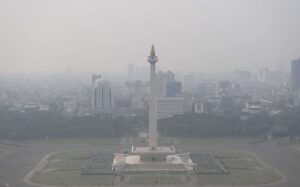
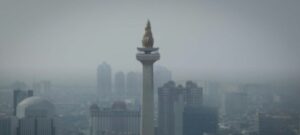




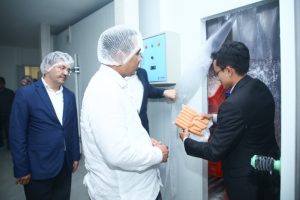

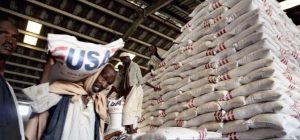
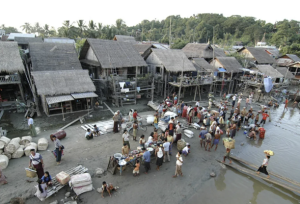


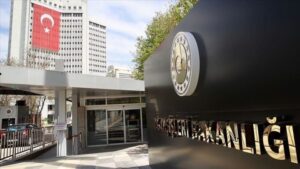
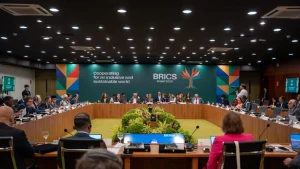



 Mina Indonesia
Mina Indonesia Mina Arabic
Mina Arabic